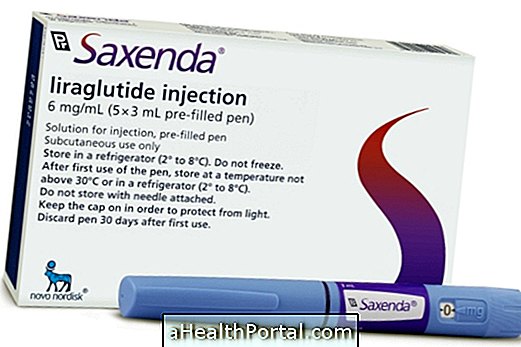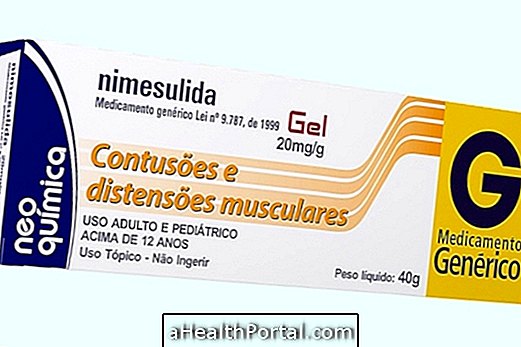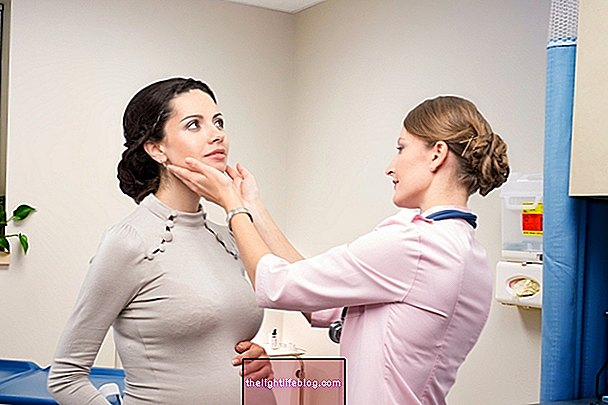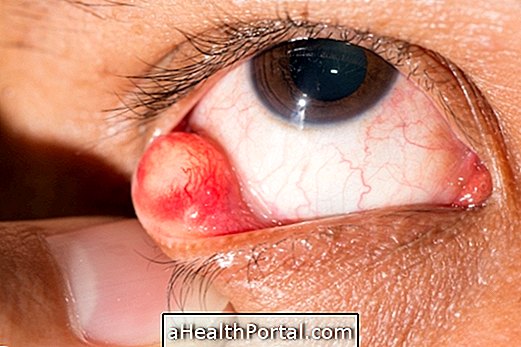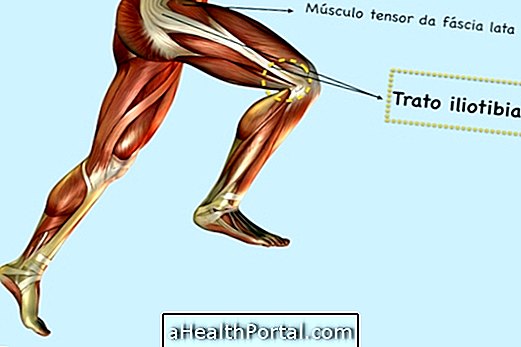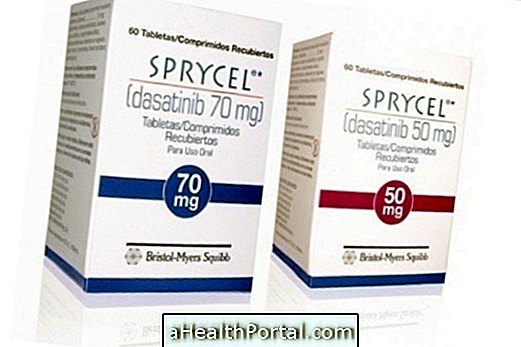Shopping for medicines and supplements over the internet can make life easier, for the convenience of not having to leave the house, however, you have to be aware of some care to avoid unpleasant surprises and even health problems.
Health problems can happen, for example, when a person thinks they have bought a true medicine, and received a counterfeit and unrecorded version, uses the false that has no effect, perpetuating the disease, delaying the cure and causing poisoning.
Therefore, to avoid this type of situation, be aware of the following steps that we indicate here.
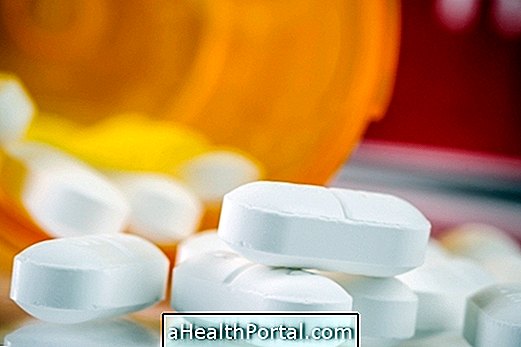
1. Verify that the remedy is not forged
It can be checked whether the remedy is the original and not a counterfeit copy, noting that the packaging is properly sealed and has a bar code and security strip.
You should always be wary if the medicine does not come in the original carton, is not properly sealed, or if the carton tells you that the carton has X tablets, ampoules, or pills and this amount is not found inside the carton.
Comparing the box, the packaging and the own tablet that already has at home with the one that was bought by the internet can also help to identify fakes.
Anabolics are red-striped medications that need to have the prescription retained in the pharmacy or drugstore, so you should pay extra attention to anabolic steroids sold on some sites because they are very likely to be counterfeit or smuggled.
2. Do not take medicine or supplement on your own
All medicines should only be used after the doctor's appointment because they have side effects and contraindications that must be respected to protect the health of the individual.
Vitamin supplements and sports supplements should also only be used under the prescription of the nutritionist or nutrologist because although they seem harmless, they also have their side effects and contraindications. In addition, excess vitamins are also harmful to health and can cause hypervitaminosis that manifests itself through symptoms such as nausea and vomiting, among others.
Over-the-counter medicines, which do not contain any strips in their packaging, such as Paracetamol and Ibuprofen, should also only be used under the guidance of a health professional such as the pharmacist. Know the health risks of taking medicines or supplements without medical advice.

3. Buy on a trusted site
Only pharmacies and drugstores can sell drugs over the internet. So to recognize a trusted site you should check if its address is .com or. com.br, because these domains, according to Anvisa, are the safest. Check the reputation of the site and if your service is safe on the site Reclame Here is also a good strategy, as well as read the comments that other people left on the site itself.
One should also be wary of websites that have spelling mistakes, or that do not have a phone number or email address. One can try to call the site or send an email with some question, just to check if they even respond. Some online sites and pharmacies have pages on Facebook and respond in a few minutes to questions sent by private messages.
Before you buy, you should also check the site's security policy and how they handle the exchanges and returns of products ordered over the internet.
Medications that have a red or black stripe that need prescription retention because they can cause addiction or chemical dependency can not always be bought over the internet. So if the site sells this type of drug, it is very likely that it will not be trusted.
4. Verify that the remedy is approved by Anvisa
Some sites may sell drugs that have not yet been approved by Anvisa - the National Health Surveillance Agency, which is responsible for the safety of medications, which may not be safe and should not be purchased and used because they may not have been subjected to all tests which check the indications, contraindications, side effects and mode of use, which can put the person's life at risk.
Food supplements such as vitamins, multivitamins, and athlete supplements do not need to be registered with Anvisa but should only be used under the guidance of a nutritionist or pharmacist.

